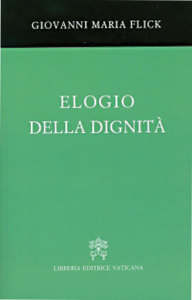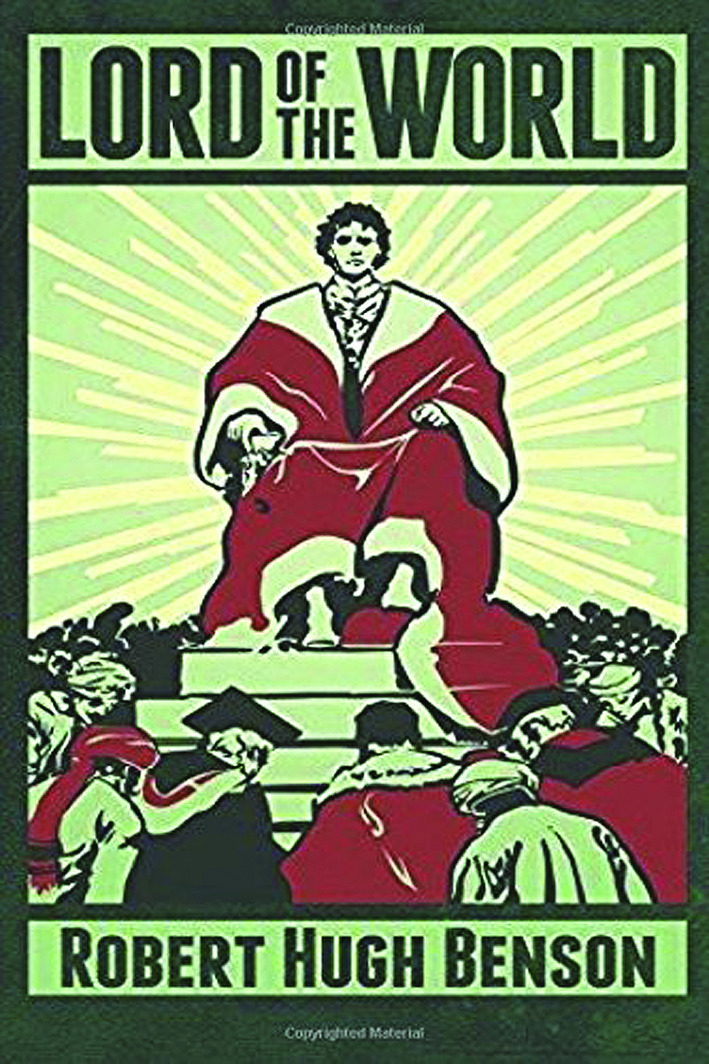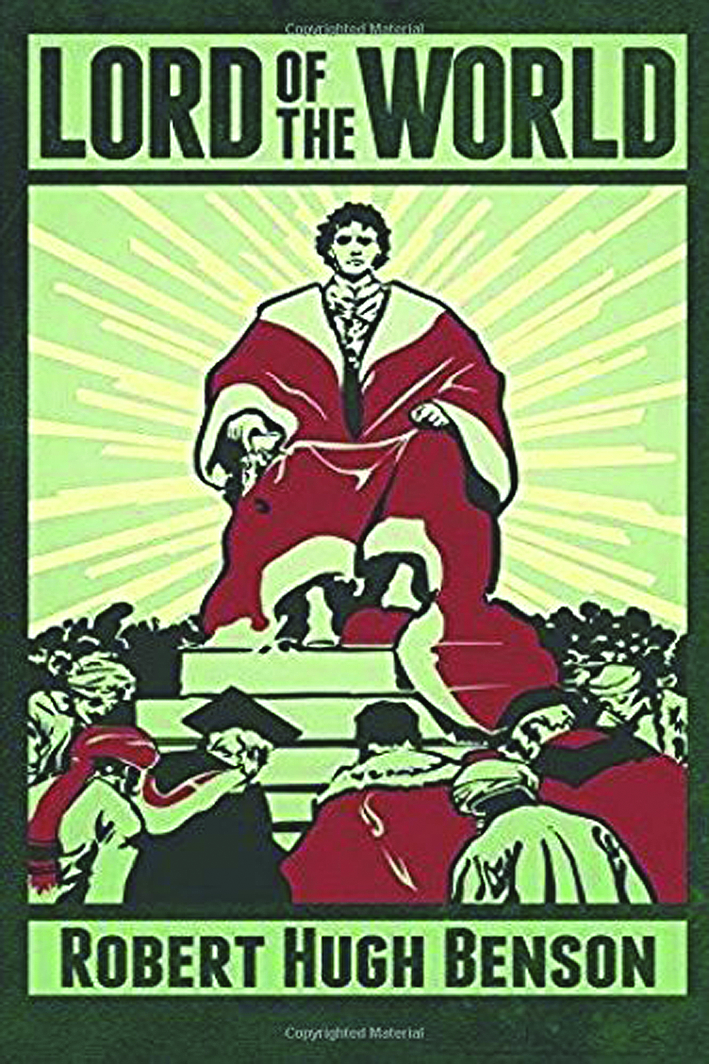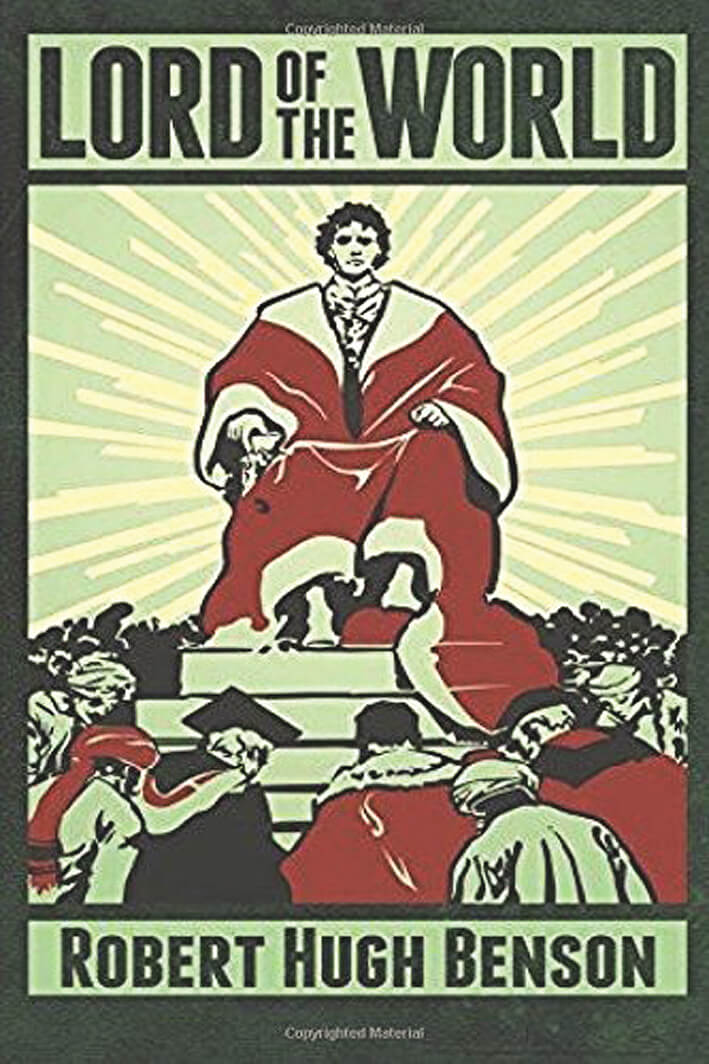
In Praise of Dignity, by Giovanni Maria Flick.
In Praise of Dignity is a wide-ranging reflection on human dignity and its various aspects. Published by the Vatican Publishing House, its author is Giovanni Maria Flick, Professor Emeritus of Penal Law at Rome’s Luiss University and President Emeritus of the Italian Constitutional Court.
The importance of reflecting on the meaning of the concept of dignity is linked to its problematic ambiguity, on the one hand, and, on the other hand, to its distinctive nature as a kind of bridge between a past that saw, and a future that fears, assaults on human dignity. The author’s reflection analyzes the relationship between dignity and security today; the dignity of individuals in their everyday human condition; the constitutional foundations of dignity; and the legal development of dignity.
The concept of dignity emerges as a prerequisite and condition for equality and diversity; as an expression and result of solidarity; and as the foundation but also the limitation of freedom. Hence, the concept of dignity has fundamental value today for protecting the human condition, both in the individual and the collective sense.
The volume is divided into 18 chapters which examine the theme of dignity in the light of terrorism, violence and intolerance, the degeneration of the financial economy, the exploitation of the weak, corruption, and the drama of end-of-life issues, always bearing in mind the roots of dignity in the Christian and European traditions, and their fruits to be found in the various Constitutions and international human rights declarations.
According to Flick, dignity is a “value that precedes the values of freedom, equality, solidarity, citizenship and justice” and is “the fundamental principle of the democratic state, and the person-centered principle on which such a state is founded.”
“The negative logic of colonialism, slavery, totalitarianism, the Holocaust and extermination is counteracted by the anthropocentric vision of the person,” he says, “whether this vision is Christian (which sees the person as an image of God) or Kantian (which holds the person to be an end in him or herself, not a mere means). This positive juxtaposition gives an explicit and overriding affirmation of human dignity for what it truly is: a value which is a foundation for all other values.”

More than 2 million refugees have fled Syria’s civil war, with several landing in Italy.
Flick maintains that “this past century and the one before it were, respectively, the centuries of the ‘right to be’ (liberty) and, before this, the ‘right to have’ (property). This new century is certainly the century of the ‘right to know,’ but it is also a century characterized by the abuse of knowledge as tied to technological progress and its applications in all fields: from the exploitation of natural resources to intervention in people’s physical and psychological reality, and the elaboration of techniques of aggression and arms of mass destruction.”
The concept of dignity represents a basic reference point, and Flick believes it can be characterized as a “civic religion,” which proposes an absolute value in the midst of a context of relativism of values.
Dignity has three dimensions: individual, relational, and group-based. The first affirms the ban on discriminating against a single person, while the second is tied to pluralism, multiculturalism, the acceptance of diversity, dialogue and reciprocal respect, and secularism intended in an ample sense, not restricted only to a religious context, with the need to oppose physical, sexual, linguistic, religious, political, economic, cultural, social, or racial differences from being transformed into factors of exclusion. The third dimension is tied to a group’s right to its own territory and the respect of its environment, and refers moreover to discrimination, racial, ethnic or religious offenses, or, on the flip side, the protection of minorities and their cultural, religious and linguistic heritage.
And yet, the concept of dignity today has been put in danger by new threats: bioengineering and genetic manipulation; the preeminent logic of profit, with the risk of a “total, indiscriminate, and wild commercialization of the human body and person”; the “drama of life conditions in countries which suffer through famine and war, and, today, Ebola.” On the heels of all this we find “incessant migration towards the first world and its golden ghettos of affluence”; the annihilation of any and all spheres of privacy; intolerance, fanaticism and global terrorism.
It is for these reasons that, in the context of today’s globalized world, we urgently need to cultivate and defend dignity: “It is the right and the responsibility of everyone to lay claim to, and defend, our common humanity.”




Facebook Comments